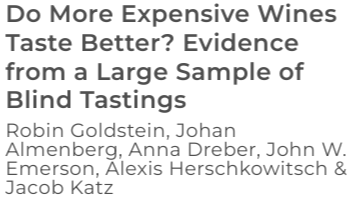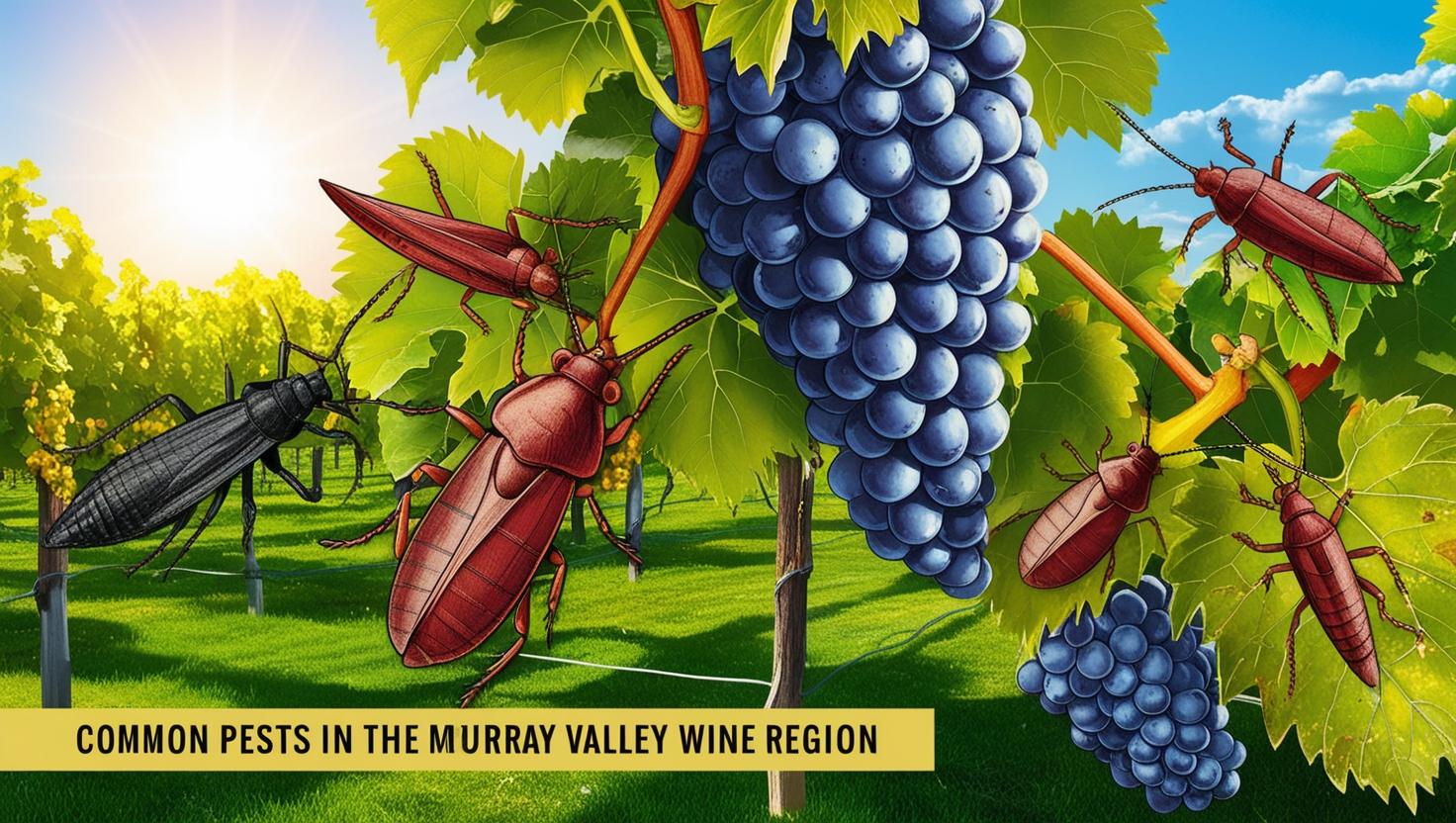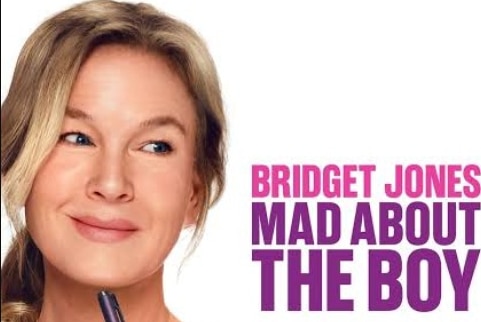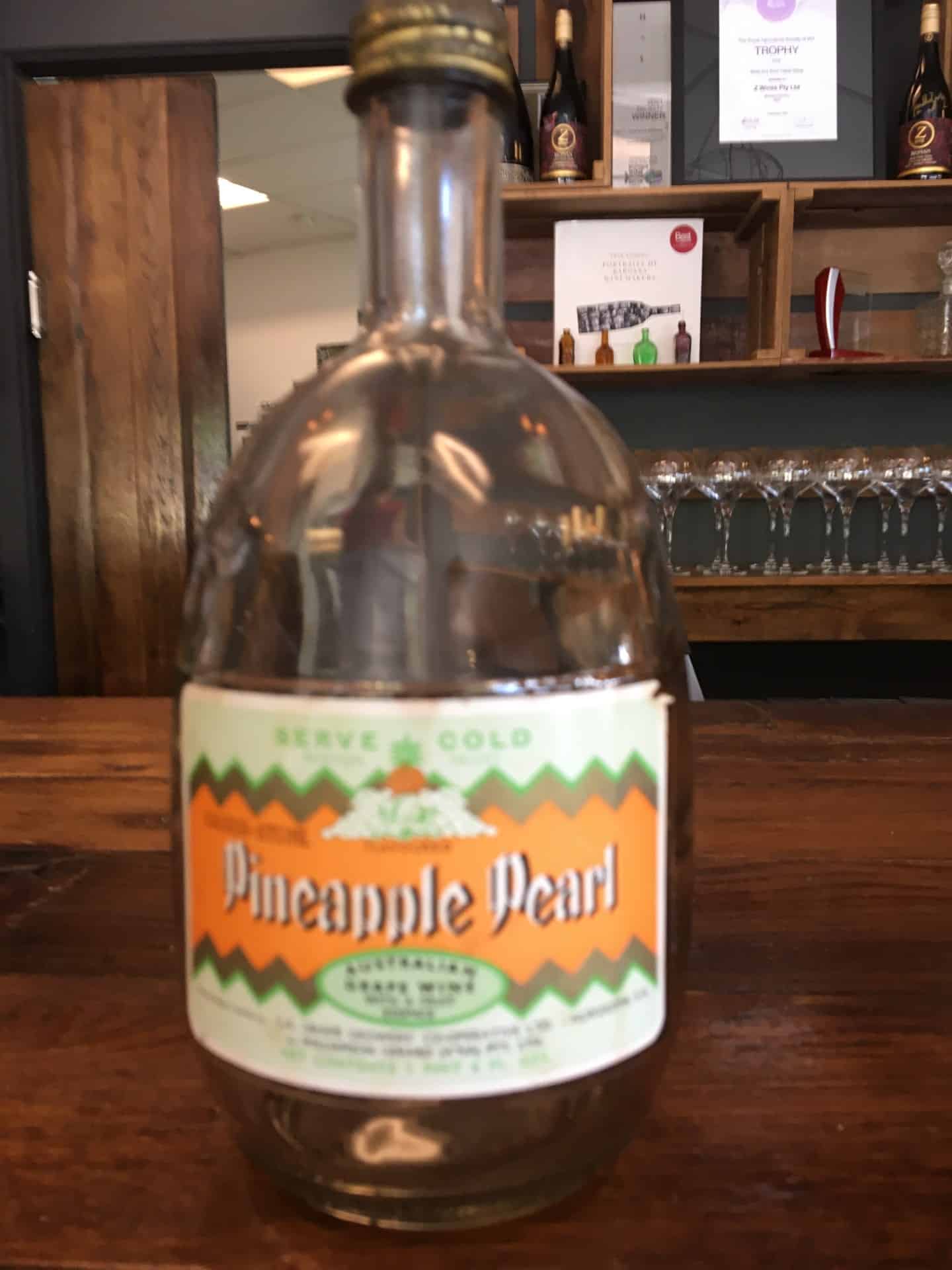Expensive wines do not taste better then cheaper ones for most people when they don’t know the prices beforehand.
If anything, individuals on average enjoy more expensive wines slightly less.
That was the conclusion from a sample of more than 6,000 blind tastings in total, where 506 participants tasted wine flights composed from 523 different wines priced from $US1.65 to $US150 a bottle.
I can’t say the finding published in the Journal of Wine Economics in 2008, that I came across doing my holiday reading, surprised me. It just confirmed what I gleaned from nearly fifty years in the retail wine trade.
Have a read of the article before choosing a $30 or $40 wine in preference, for example, to the 2021 Goats Square Barossa Valley Shiraz available at Glug for $14.50.
But to the findings of the research.
What determines the pleasure from wine
“The pleasure we get from consuming wine depends both on its intrinsic qualities such as taste and smell and external attributes such as price and presentation. One may argue thatthe former influences our subjective appreciation through a bottom-up process, where thesensory apparatus plays a key role, and that the latter works through a top-down process, where beliefs and expectations about quality are important determinants.
“In this paper we have explored the bottom-up effects by looking at how participants in blind tastings rate wines. We find that, unless they are experts, individuals who are unaware of the price enjoy more expensive wines slightly less.
“There is a large relevant literature related to the influence of extrinsic signals on taste experience. … Using functional magnetic resonance imaging (fMRI), McClure et al. (2004) find that having the subject’s favourite brand’s name on a drink makes it taste better than if it is unlabeled. In another fMRI study, Plassmann et al. (2008) test whether marketing actions such as changes in the price can influence the experienced pleasantness of a product such as wine. Testers are given different wines that they are told differ in price. In reality, some of the wines are the same but simply presented with different prices. Prices are found to correlate positively with experienced pleasantness, measured through both subjective reports and fMRI scans.
“Marketing provides one channel through which consumers can be infl uenced to buy certain wines. But it is not the only one: wine critics/experts may also play a role in affectingwine prices and shaping consumer preferences. …
“There is, however, some research expressing scepticism towards wine ratings and their use for the average wine drinker. According to Quandt (2007), many wine ratings do not actually convey any information, nor is there substantial agreement in ratings by experts. Consistent with this view, Weil (2007) investigates whether wine descriptions by experts convey information to wine consumers. This is tested by having testers match wine descriptions to wines. In a similar setup to Weil (2001, 2005), tasters are asked to distinguish the odd one out of three different glasses of wine. Only about 50% of the participants in Weil (2007) can distinguish the odd one out, and of those who manage to do it, only about half can correctly match a wine critic’s description of the wine with the wine itself – which is no better than a random guess.
Do expert wine opinions held average drinker?
“Our results indicate another reason for why the average wine drinker may not benefit from expert wine ratings: he or she simply doesn’t like the same types of wines as experts. This is consistent with Weil (2001, 2005), who finds that even among the subset of tasters who can distinguish between good and bad vintages, or reserve or regular bottlings, they are as likely to prefer the “better” one as the “worse” one.
“These findings raise an interesting question: is the difference between the ratings of experts and non-experts due to an acquired taste? Or is it due to an innate ability, whichis correlated with self-selection into wine training? Investigating this further would be a fruitful avenue for future research.
“In sum, in a large sample of blind tastings, we find that the correlation between price and overall rating is small and negative. Unless they are experts, individuals on average enjoy more expensive wines slightly less. Our results suggest that non-expert wine consumers should not anticipate greater enjoyment of the intrinsic qualities of a wine simply because it is expensive or is appreciated by experts.”





